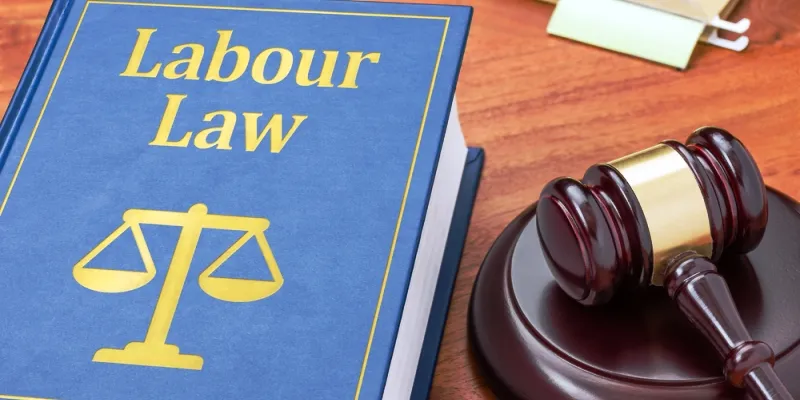The development
of labour law remains in a large part in the period when industrial production
was introduced. The formation and development of factory legislation is
regarded as the seed of the creation of labour law. Several authors have though
claimed that the legal regulation of labour relations does not originate solely
from the development of factory legislation but the modern labour law has
several connections with Roman private law and the modern employment contract
has, in fact, evolved as a result of the classification of contracts found in
Roman law.
For the purposes of distinguishing
between private and public law, analyses has always focused primarily on three
different options, the first of which goes back to the ancient Roman times,
whereas the other approaches are more modern. In some cases, approach motivated
by interest as used by Roman jurists has been employed. The state is always
interested in maintaining order in the relationships between people. 

Public and Private Law in Applicable Labour Law
It must be kept in mind that a uniform
labour code has not been compiled yet and various provisions concerning the
field of labour relations have been regulated with individual acts.
What provisions for labour law in India for private
companies could be classified as public law or private law provisions?
It is impossible to determine it uniformly
as there are many such provisions. In this case, a couple of aspects related to
the existence of such provisions could be pointed out. According to 28
If the employer violates the requirement of
a written form of the employment contract, he or she shall be liable under
public law provisions. On the basis of 28
The Employment Contracts Act, employers
shall bear administrative liability, if they fail to formalise the employment
contract in writing. The failure to formalise an employment contract in writing
shall not entail any consequences with regard to private law. If the employment
contract is not formalised in writing, this does not mean that the contract is
void.
An employment contract shall be considered
concluded even when the employee is permitted to commence work. In such case,
the employment contract shall be formalised subsequently with the terms that
actually applied. If the employer even then fails to formalise the employment
contract according to the prescribed procedure, the employer shall be liable
for the failure to perform these conditions according to public law provisions.
Labour legislation
Social Equity:
Social
equity is The first really ‘global’ legal consciousness spread
during the second half of the nineteenth century up to the First World War:
Classical Legal Thought (CLT). It relied on a sharp distinction between public
and private law, freedom of contract, individualism and legal formalism .2 the
second globalization of legal thought occurred from the beginning of the
twentieth century up until the 1960s. This mode of legal thought attempted to
move away from the individualism and liberal foundations of CLT in the first wave
of globalization. It advocated that social groups were central both to the
formation and the effectiveness of law. Rather than the CLT model of a
sovereign state ensuring individual rights, the ‘Social’ model focussed on
those institutions between the individual and the state. Social classes,
particularly labour and capital became legal subjects, and the aim of the law
was to represent the compromise between these social classes. Labour
legislation was seen as a central example of this type of law, aiming towards
redistribution in the name of social justice.
Social Justice :
The
Social globalisation of legal thought between 1900 and 1968. Social justice was
important to this model because it represented the idea that justice did not
have to be achieved through a set of abstract legal rights which had little to
do with the experience of general society. Justice could be achieved through a
consideration and involvement of different social groups in the design and
application of law. Social justice meant that the labour law in india could expand to meet social compromise, and
was not constrained by the liberal commitment to non‐intervention and the free
market under the CLT model. This gave a space for the development of labour law
to meet the social compromise of the early twentieth century. New legal forms
came to the fore, which recognised the interdependent activities of employers
and workers and a need to coordinate those activities in the ‘public interest’ for
example social insurance against industrial accidents and compulsory collective
bargaining.
Comments
Post a Comment